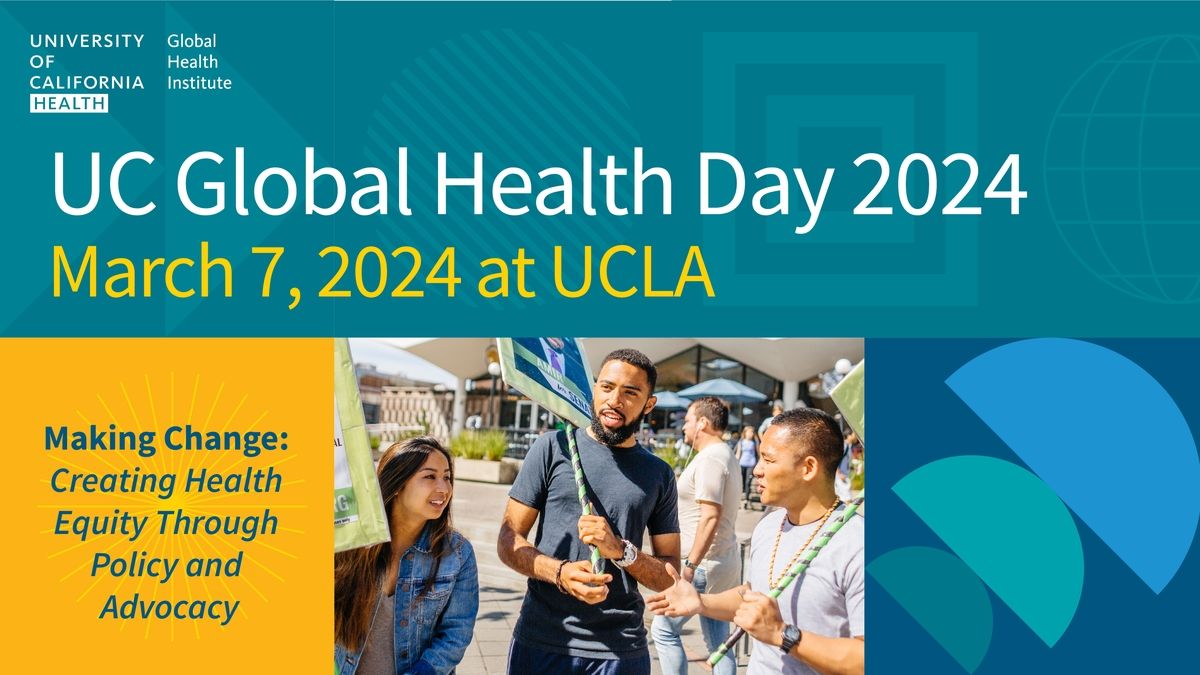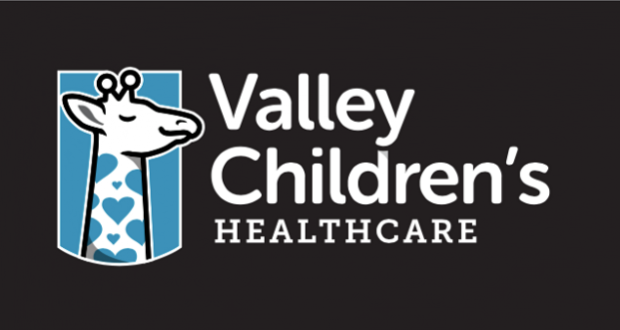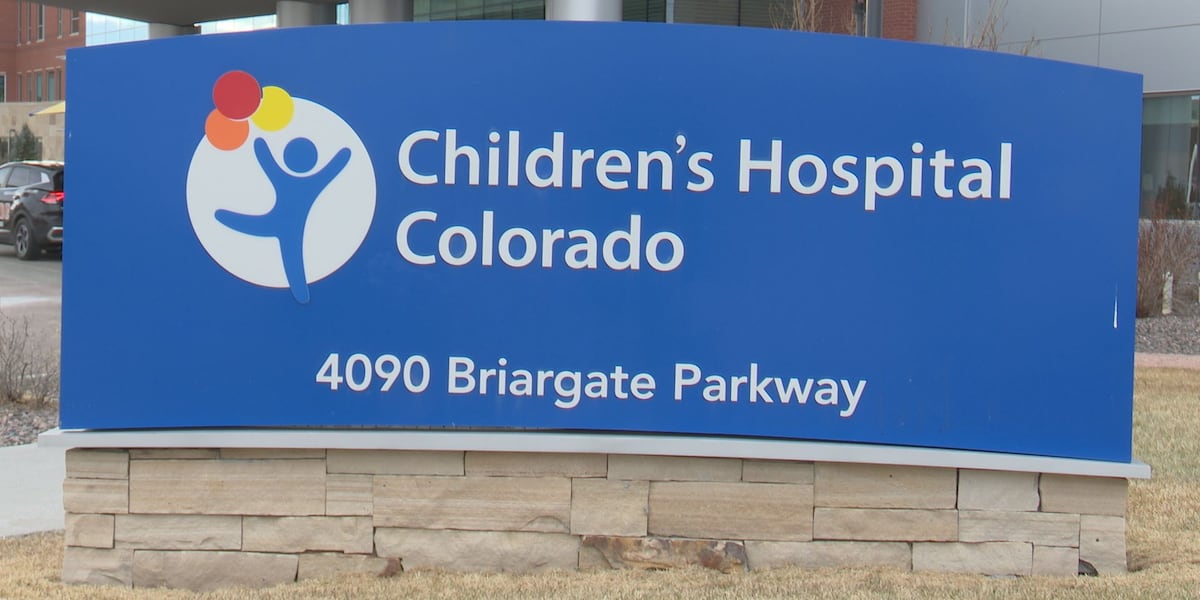Innovative Solutions from the Global South

Imagine a world where your zip code doesn’t predetermine your health outcomes—a world where technology and innovation ensure healthcare equity across the globe. This vision is closer to reality than you might think, thanks to pioneering initiatives in the Global South that are redefining access to medical care. A recent health equity report, unveiled at the Raisina Dialogue in Delhi, casts a spotlight on these groundbreaking efforts.
Revolutionizing Access Through Technology
The report, a collaborative effort between the Observer Research Foundation (ORF) and Gilead Sciences, presents twelve case studies from six countries, including India, Bangladesh, Morocco, Rwanda, South Africa, and Vietnam. These examples offer a blueprint for overcoming healthcare barriers. Notably, the Jeeon Foundation in Bangladesh is transforming the landscape by connecting over 30,000 pharmacies digitally, ensuring vital medications and health guidance reach even the most remote communities. Meanwhile, Rwanda’s Babyl digital health service and Mizero Care Digital health initiative focus on marginalized groups, offering a glimpse into the potential of telemedicine in resource-limited settings.
South Africa’s Central Chronic Medication Dispensing and Distribution program exemplifies how streamlining medication access can significantly impact chronic disease management. In India, iKure Techsoft is reimagining healthcare delivery by training local members as frontline workers, addressing the acute shortage of medical staff. These initiatives are not just about bringing healthcare services to the underserved; they are about rethinking who delivers these services and how.
The Role of ‘Task Shifting’ and Diagnostics
A key theme emerging from the report is the concept of ‘task shifting,’ where tasks traditionally performed by highly qualified health professionals are delegated to less qualified staff, supported by appropriate technology. This approach is critical in regions plagued by a shortage of healthcare workers. Coupled with the diagnostics revolution, as seen through the lens of companies like Precision Biosensor, it’s clear that early diagnosis and treatment of chronic diseases are within reach for more people than ever before.
With the backdrop of an aging population and the rising prevalence of chronic diseases, innovations in diagnostics and telemedicine are not just welcome; they’re essential. The rapid growth of the healthcare innovation sector in South Korea, led by visionaries like Mr. Hanshin Kim of Precision Biosensor, underscores the global nature of this healthcare transformation. Similarly, the burgeoning health tech sector in Africa, driven by rising incomes, increasing smartphone penetration, and governmental support, highlights the universal demand for accessible healthcare solutions.
Looking Forward: The Path to Health Equity
The initiatives and technologies featured in the ORF and Gilead Sciences report are more than just case studies; they are beacons of hope for millions who have been left on the margins of the healthcare system. From telemedicine to digital pharmacies and community-based clinics, the path to health equity is being paved by innovation and a commitment to inclusion. The successful scaling of these models across the Global South could serve as a template for other regions grappling with similar challenges.
As the global community continues to navigate the complexities of healthcare delivery, the lessons from Bangladesh, Rwanda, South Africa, and beyond offer valuable insights. By embracing technology, fostering innovation, and rethinking traditional healthcare roles, we can bridge the divide and move closer to a world where health equity is not just an aspiration but a reality.
link







